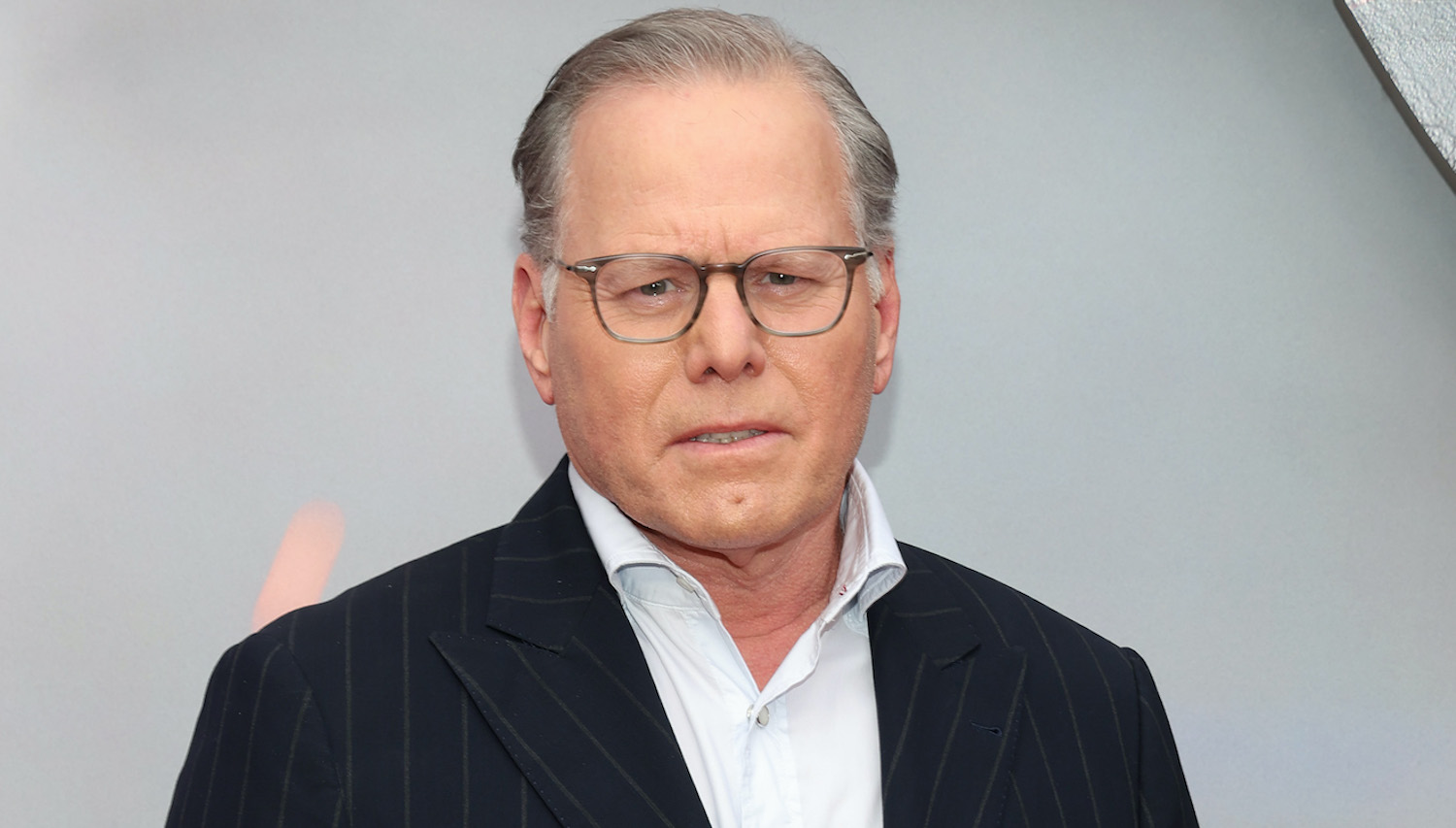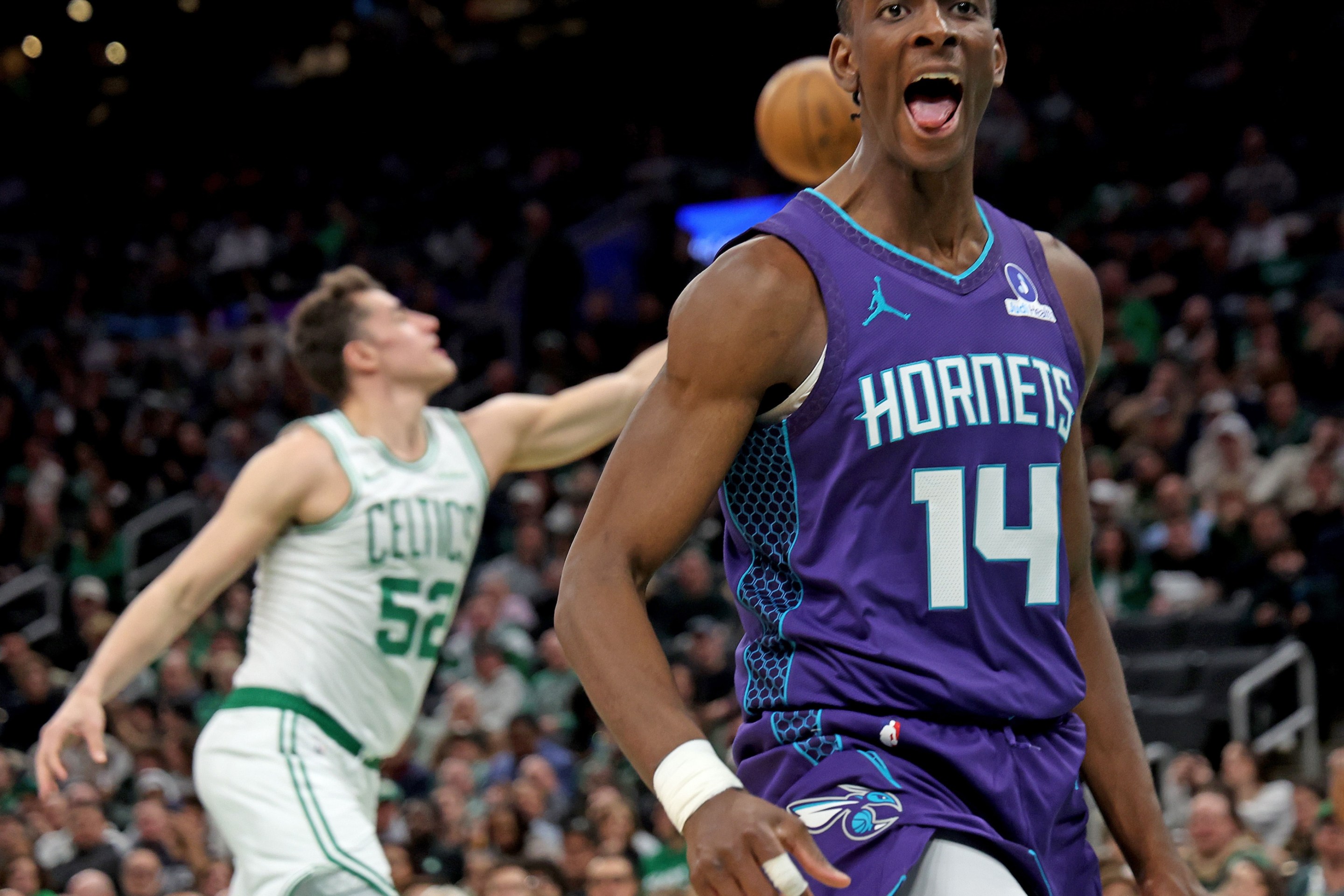On Monday, GQ published a story from freelance film critic Jason Bailey summarizing Warner Bros. Discovery CEO David Zaslav's rapid and shameful ascent from anonymous executive dipshit to widely loathed cultural villain. It's a useful run-through of Zaslav's career as a dead-eyed industry executive who rose and rose to the top of the business not despite but because of how vacant he is. Zaslav built a career at Discovery by serving up low-cost, low-wattage reality bullshit, and he has continued to enact that ethos as the leader of post-merger WBD, at the explicit expense of anything deemed too "good," like HBO originals or Turner Classic Movies. Bailey's key observation is that Zaslav, who is a moron, seems neither to care about nor especially like movies, which makes his leadership of such a powerful company a tragic outcome for everyone who does.
Within hours of the article's publication, readers observed that the piece had been heavily edited and its sharpness sanded down; a line referring to Zaslav as "the most hated man in Hollywood" and another frowning on Zaslav's proprietary "reality slop" were both cut. Shortly after the edited version (which you can read here) of Bailey's story went live, GQ deleted the entire blog from its website. According to the Washington Post's Will Sommer, one of Zaslav's comms people complained to GQ shortly after the story went live, which led to its editing, and then to Bailey's request that his name be removed from the altered post, and then to that post's eventual removal. Sommer notes the proximate cause here: GQ's parent company Condé Nast is owned by Advance Publications, which owns 8.16 percent of Warner Bros. Discovery.
Zaslav's team confirmed Sommer's reporting, telling the Post that "the freelance reporter made no attempt to reach out to Warner Bros Discovery to fact-check the substance of the piece before publishing—a standard practice for any reputable news outlet. As is also standard practice, we contacted the outlet and asked that numerous inaccuracies be corrected. In the process of doing so, the editors ultimately decided to pull the piece." GQ also issued a statement to Sommer, echoing WBD and confirming that they rolled over and showed their whole tummy the second Zaslav pushed back, saying Bailey's story "was not properly edited before going live."
The notion that Bailey has a journalistic duty to reach out to Zaslav for comment is patently false, it's worth noting, as is GQ's agreement with Zaslav that the story was inaccurate in any way. Bailey did not publish a long, reported story on Zaslav, one that unearthed new information or hinged upon previously untapped sources; he wrote a long, pointed blog post summarizing Zaslav's many public foibles. The value of Bailey's story is in the opinion that it expresses given the already-known facts, and does not hinge on any novel revelations that would require Zaslav to frame with a rebuttal. Bailey says GQ came to him and asked him to rewrite the story, an offer he declined. When they hacked his post to pieces, he asked for his byline to be removed, at which point they deleted the story. "I think a side-by-side comparison of the piece before and after GQ’s internal edits reveals exactly what WBD wanted changed, and that GQ was happy to do so," Bailey told the Post.
That Zaslav would be mad about a negative story is unsurprising, though pitching a huge fit about an innocuous story over a holiday weekend, and specifically demanding the removal of any japes or jokes at Zaslav's expense— including, delightfully, those about him being a thin-skinned weenie—certainly furthers Zaslav's reputation as a thin-skinned weenie. Powerful people and their lackeys get mad about negative coverage all the time; it's a big part of what they think their jobs are. As such, GQ instantly siding with the subject of said story is alarming.
The value of an outlet like GQ, with its hard-earned cachet as a tastemaker, is that it can tell you what is good and what is, in Bailey's words, slop. If they can't stand by a critique of the staunchly anti-entertainment entertainment executive who is currently working to replace anything worthwhile with 90-Day Fiancé, then they have done their readers a gross disservice, to say nothing of the crimes against journalism, and against this particular journalist. Being able to freely call out powerful people without withering the second they push back is essential, but so is being able call out this particular person in this particular way. They look like cowards for hanging a freelance critic out to dry, and like dummies for putting out a statement that says they were too organizationally incompetent to get the story right the first time.






